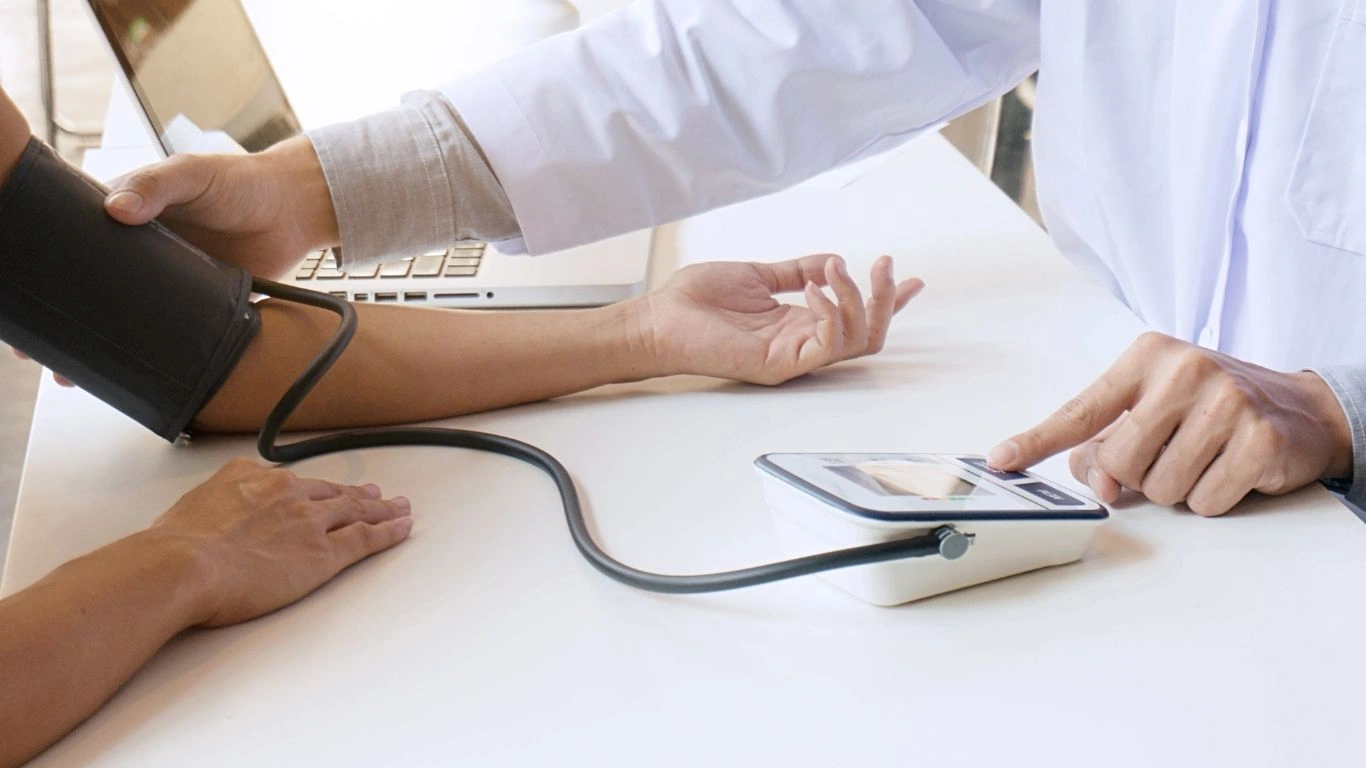How to Handle Blood Pressure Medication Side Effects: Tips and Tricks 💊
So, if you’ve been prescribed blood pressure meds, you’re probably already noticing how it’s making a big difference, right? But what about those pesky side effects? Like dizziness, fatigue, or feeling a little “off”? It’s not unusual, and trust me, you’re not alone in dealing with this. In this post, I’m gonna share some practical tips on how to handle these side effects and still stay on top of your game. Let’s get into it!
What Are Blood Pressure Medications, Anyway?

Before we dive into dealing with side effects, let’s quickly go over what these meds actually do. Blood pressure meds are designed to keep your BP in check, lowering the risk of heart disease, strokes, and all that scary stuff. But they come with a few side effects here and there, which is pretty normal when your body’s getting used to something new.
Common Meds and Their Side Effects
- ACE Inhibitors (like Lisinopril): These can cause a dry cough or make you feel a little dizzy.
- Beta-blockers (like Metoprolol): You might feel more tired than usual or notice your hands getting cold.
- Diuretics (like Hydrochlorothiazide): You’ll be running to the bathroom a lot, and might feel lightheaded or dehydrated.
- Calcium Channel Blockers (like Amlodipine): These can cause swelling in your ankles or legs, or even a headache.
Now, the side effects aren’t a guarantee, but they are something to watch out for. It’s not uncommon, but knowing how to handle them makes a huge difference.
Troubleshooting Common Issues

Okay, so let’s talk about some of the common side effects and what you can do about them if they start bugging you.
Feeling Dizzy? Here’s What to Do
This one’s pretty common when starting blood pressure meds. Your body’s adjusting to a new normal, and it might make you feel a bit dizzy or lightheaded. Here’s how to make it better:
- Rise slowly: When you stand up, do it slowly. If you’ve ever gotten dizzy from standing up too quickly, you know exactly what I mean.
- Stay hydrated: Dehydration makes dizziness worse, so make sure you’re drinking enough water throughout the day.
Tired All the Time? Try This
Another biggie—feeling wiped out. Some meds, especially beta-blockers, can leave you feeling drained. Here’s how to tackle it:
- Get some rest: Naps are your friend, especially if you’re feeling wiped out. Don’t feel guilty about catching up on sleep!
- Light exercise: Sounds counterintuitive, but moving your body can actually give you more energy. Try walking or something light to get your blood flowing.
- Talk to your doc: If you’re still feeling tired after trying these tips, it might be time to talk to your doctor about switching meds.
Swelling in Your Legs? Let’s Fix That
Swelling in your legs or ankles is a common one, especially with calcium channel blockers. But no worries, there are ways to deal with it:
- Elevate your legs: Lay down and prop your legs up on a pillow for a bit. It helps reduce swelling.
- Compression stockings: These help with fluid retention and can reduce swelling too.
- Check in with your doctor: If the swelling doesn’t go away or gets worse, it’s definitely worth mentioning to your doc.
Real-Life Success Stories

I know it can be frustrating when you’re dealing with side effects. But don’t give up! Let me share a couple of stories that show things can totally get better with the right adjustments.
Jane’s Beta-Blocker Struggles
Jane, a 52-year-old woman, was prescribed beta-blockers for high blood pressure. But after a few days, she felt like she was walking around in a fog, super tired, and with cold hands. After talking to her doctor, they switched her medication time to the evening, which helped her sleep better. She also made sure to drink more water, and soon enough, her energy levels were back up, and she felt way better.
Mark’s ACE Inhibitor Problem
Mark, a 60-year-old guy, had a similar issue but with ACE inhibitors. He developed this annoying dry cough that wouldn’t go away, which made him uncomfortable. He switched to an ARB (angiotensin II receptor blocker), and that solved the cough issue. He stuck with his medication and lifestyle changes, and now he’s feeling much more balanced.
Key Takeaways

So, here’s what we’ve learned:
- It’s gonna take some time: Your body might need a few days or weeks to adjust to new meds, and that’s totally normal.
- Consult your doctor: If side effects are bugging you, don’t just tough it out. Your doctor might adjust your dosage or suggest something different.
- Lifestyle helps: Staying active, drinking water, and eating right can help ease many of the side effects.
- Track your symptoms: Keep a note of how you’re feeling so you can share it with your doc. It’ll help them figure out what’s going on.
FAQs
Q: How long will the side effects last?
A: Usually, a couple of days or weeks. If it lasts longer, it’s time to check in with your doctor.
Q: Can blood pressure meds cause weight gain?
A: Yup, some meds can cause weight gain, especially beta-blockers and diuretics. If that’s happening, talk to your doctor—they might switch things up for you.
Q: Should I stop taking the meds if I feel bad?
A: Never just stop taking your meds without talking to your doctor. They’ll help figure out a better plan if needed.
Q: Can I try natural remedies instead?
A: Some people find things like yoga or certain herbs helpful, but always check with your doc first before making any changes.
References
- American Heart Association. (2023). “Understanding Blood Pressure Medications.”
- Mayo Clinic. (2023). “Common Side Effects of Blood Pressure Medications.”
- National Institute on Aging. (2022). “Managing High Blood Pressure in Older Adults.”
- WebMD. (2024). “How to Manage the Side Effects of Hypertension Drugs.”
Disclaimer
This info is just to help you get a better understanding and is NOT a replacement for professional medical advice. Always talk to your healthcare provider before making changes to your meds or treatment plan.
Call to Action
If you’re struggling with blood pressure medication side effects, don’t just wait for things to get better on their own. Reach out to your doctor and see what changes can be made to help you feel more comfortable. And if you’ve had success handling side effects, I’d love to hear your story—drop a comment and let’s help each other out!

Dr. Gwenna Aazee is a board-certified Internal Medicine Physician with a special focus on hypertension management, chronic disease prevention, and patient education. With years of experience in both clinical practice and medical writing, she’s passionate about turning evidence-based medicine into accessible, actionable advice. Through her work at Healthusias.com, Dr. Aazee empowers readers to take charge of their health with confidence and clarity. Off the clock, she enjoys deep dives into nutrition research, long walks with her rescue pup, and simplifying medical jargon one article at a time.







